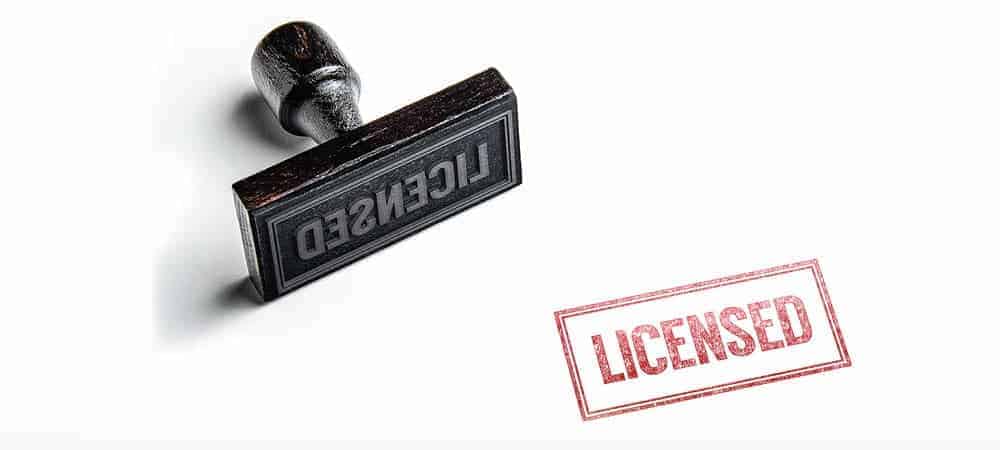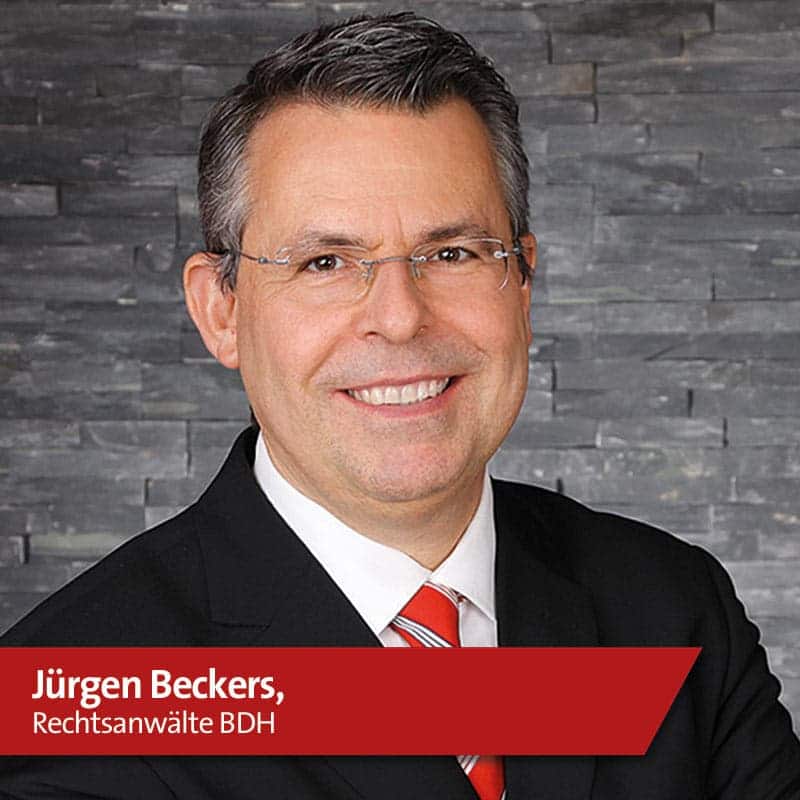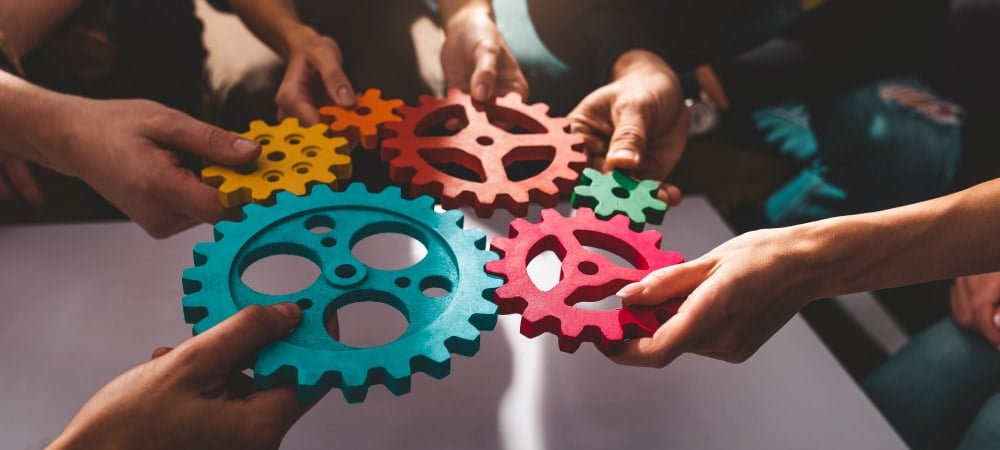Survey: Licenses and conditions


Whatever the reasons for this, SAP has only had the topic of "indirect" usage on its sales agenda for three years. A lot has changed since then, which prompted Guido Schneider from Aspera to launch a survey this summer, as he did in 2015, to find out what people know about SAP's new pricing model from April 2019.
Guido Schneider: However, one question still remains unanswered and is increasingly becoming the focus of the current discussion. Does SAP even have the right to charge "additional" fees for "indirect" use?
Jürgen Beckers, owner of the law firm Rechtsanwälte BDH in Darmstadt, which specializes in software and IT law, puts it even more directly: Is SAP's licensing policy on indirect use in Germany illegal?
At least that's the view of Voice e. V., one of the largest IT user associations in Germany. A corresponding press release was published on the Voice website on October 2, see page 22 of this E-3 issue.
With his legal opinion, Voice is in good company with a number of well-known German IT lawyers who have expressed similar opinions in a number of recent articles in legal journals.

Jürgen Beckers comments:
"While the EU Software Directive 2009/24/EC protects the principle of free connection and interaction (interoperability) of devices and computer programs, SAP customers are supposed to pay additional license fees for the mere exchange of data between SAP ERP software and a third-party application.
Such a licensing policy is not only a major annoyance for existing SAP customers. It also restricts free competition in the SAP ecosystem, as third-party applications that communicate with SAP ERP software become enormously more expensive in this way, which will ultimately lead to SAP customers no longer purchasing such third-party applications."
SAP is upsetting many loyal companions with its suggestion of "indirect" use. Of the 66 participants in Guido Schneider's survey, 43 percent have been SAP customers for more than 20 years, so they have a lot of experience in dealing with SAP and its licensing policy.
The responses by company size were roughly equally distributed: 56 percent are SMEs with up to 5000 SAP users, the other participants belong to corporations and larger companies.
Compared to the 2015 survey, existing SAP customers are evidently more familiar with SAP license management, as 53% of respondents stated that they were familiar with the current PKL (SAP Price and Conditions List) and 54% were familiar with the new pricing model.
In comparison: in 2015, over 80% were unaware of the then current PKL. Only 66% are aware of the financial implications of the new PKL, which in turn confirms the opinion of many German lawyers that these regulations are non-transparent and therefore surprising in accordance with Section 305c of the German Civil Code (BGB) and therefore invalid.

The market impact of SAP's licensing policy for "indirect" use also appears to have been the reason for Voice e.V. to file a complaint with the German Federal Cartel Office (online source:
WirtschaftsWoche and Handelsblatt as well as corresponding web links on voice-ev.org), because SAP's new license model for the digital age has not improved the customer situation either, comments lawyer Jürgen Beckers.
He specifies:
"Even under the new licensing model, additional license fees for indirect use continue to apply. Essentially, only the metric for calculating the relevant license fees has changed.
While they were calculated on a user basis under the old license model, they are now calculated on a transaction basis. However, as initial calculation examples from license management experts show, data exchange between third-party applications and the SAP ERP system can also be expensive for SAP customers under the new license model.
Behind closed doors, some stakeholders are therefore asking the legitimate question: will SAP end up sacrificing the success story of its ecosystem in favor of its revenue targets? If SAP sticks to its current licensing policy for indirect use, there is some evidence that these rumors are true, and there is a very real danger that the fronts between SAP on the one hand and the customers and providers of SAP-based applications on the other will harden further.
As Voice's move shows, the issue is beginning to escalate further, as SAP has not yet put any proposals on the table that adequately balance the interests of all stakeholders in the SAP ecosystem. Such a situation is also dangerous for SAP, as other large providers could very quickly fill the gap with lucrative offers.
Microsoft and Apple have already learned in the past that it is important not to overstep the mark. Why should SAP be an exception? In case of doubt, it is only a matter of time before excessive one-sidedness in the design of an ecosystem's business relationships takes its revenge. Even large and powerful providers are not immune to this risk."
The work of the lawyers is making itself felt: In his latest survey, Guido Schneider was able to identify a higher level of awareness. 67 percent of participants are aware that the topic is being discussed intensively in legal expert circles.
Although only very few existing SAP customers have already had the issue legally examined (31%). Of these few, however, 57 percent consider the clauses in the contracts (including PKL) to be legally invalid. But even if SAP's demands were legally ineffective, only 26% would seek legal action against SAP, which indicates a clear dependency of long-term customers.
As Voice also indicated in the aforementioned press release of October 2, 58 percent of respondents believe that SAP's demands are not in line with the EU Software Directive 2009/24/EC and are therefore likely to be ineffective. In addition, 57 percent of respondents also believe that free competition is being hindered and that it is therefore a case for the Cartel Office.
From this, one could also deduce that the majority of customers want a license system that enables the use of third-party applications at no extra charge. Apart from the still unresolved legal issues, there is still uncertainty regarding the actual indirect use.
Is there indirect use? If so, which licenses do you have to buy? The new pricing model does little to change the uncertainty among SAP customers. Although SAP customers have not yet fully understood the pricing models, 63 percent believe that the costs for indirect use will increase compared to the old named-user-based model!
As the license survey shows, existing SAP customers are aware of the risk, as the following example shows: In the USA, it was reported that SAP America Inc. claimed USD 600 million from the Anheuser-Busch brewery in 2017 for unlicensed use of SAP software in connection with indirect use.
The case was resolved in arbitration proceedings that are not open to the public, meaning that details of the case are not known and are subject to confidentiality.
Lawyer Jürgen Beckers, owner of the law firm Rechtsanwälte BDH, which specializes in software and IT law, comments on another case in this context:
"In addition, anyone working in the SAP ecosystem will be familiar with the case of drinks manufacturer Diageo, where SAP UK claimed around £54 million for the unlicensed use of their ERP software via an SAP NetWeaver PI/XI (Exchange Infrastructure Engine) interface.
Diageo sales staff and business customers were able to carry out sales and order transactions via a web platform. The British High Court ruled that Diageo had to pay additional license fees to SAP due to the indirect access of sales employees and business customers to the SAP ERP software.
However, the court left open the amount that Diageo should pay for this indirect use, as the court only ruled on whether SAP UK was liable on the merits. The parties should either agree on the amount out of court or apply for a court decision in a second, subsequent procedure.
The parties opted for an out-of-court settlement, the contents of which are confidential, so the exact amount of the license fees that Diageo ended up paying is not known. Unfortunately, due to the procedural rules that applied to the specific case, the UK High Court did not consider whether the clauses used in the contract between Diageo and SAP UK were valid under the EU Software Directive 2009/24/EC.
The Directive protects the interoperability of computer programs, inter alia, by allowing the authorized acquirer of a computer program under Art. 6 of the Directive even to decompile an acquired computer program - even against the will of the software manufacturer - if the interface information required to establish a connection between the acquired computer program and a third-party program is not freely accessible to the customer.
Any contractual clauses to the contrary are invalid under Art. 8 of the Directive. It is also clear from the recitals to the Directive that the legislator regards the interaction of computer programs with other computer programs and devices as their essential function (cf. 10th recital of the EU Software Directive 2009/24/EC).
This is why numerous IT legal experts in Germany are also of the opinion that indirect use is part of the intended use of a computer program, which a software manufacturer may neither prohibit nor make dependent on the payment of separate license fees."




